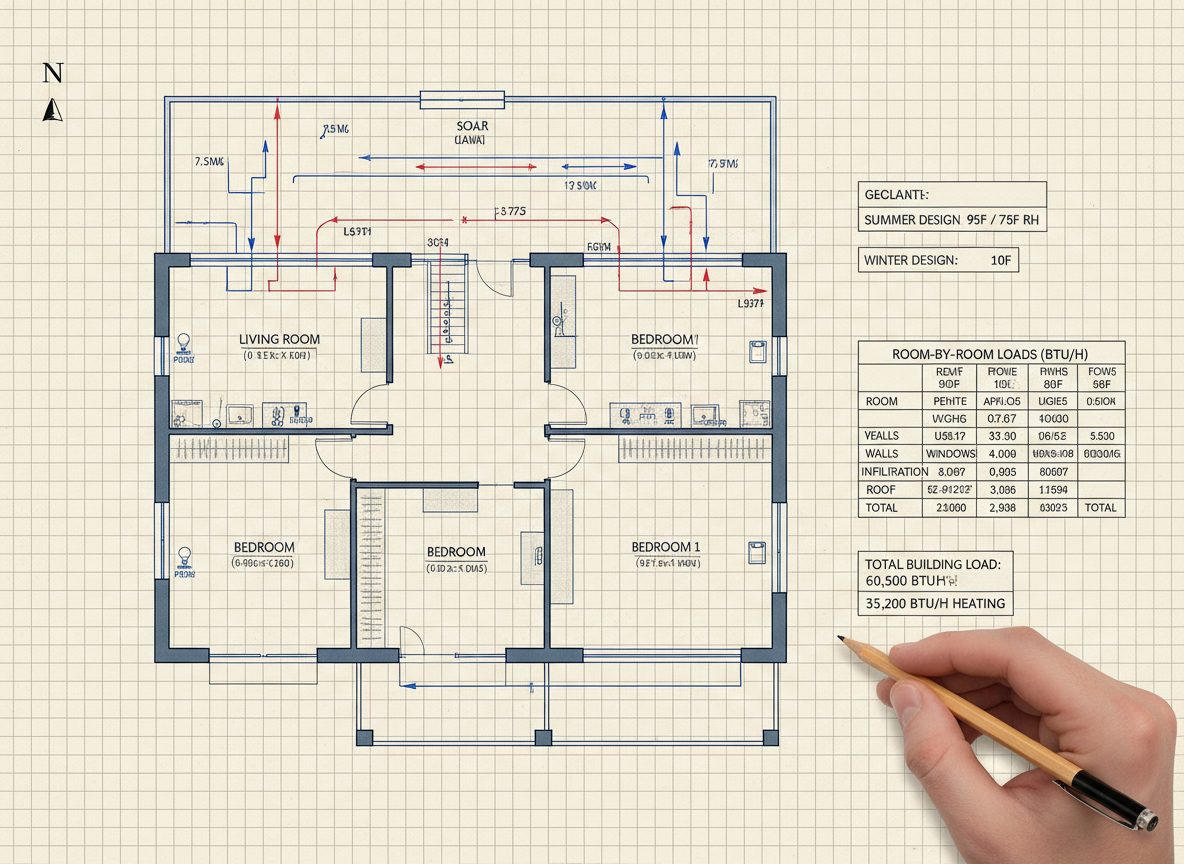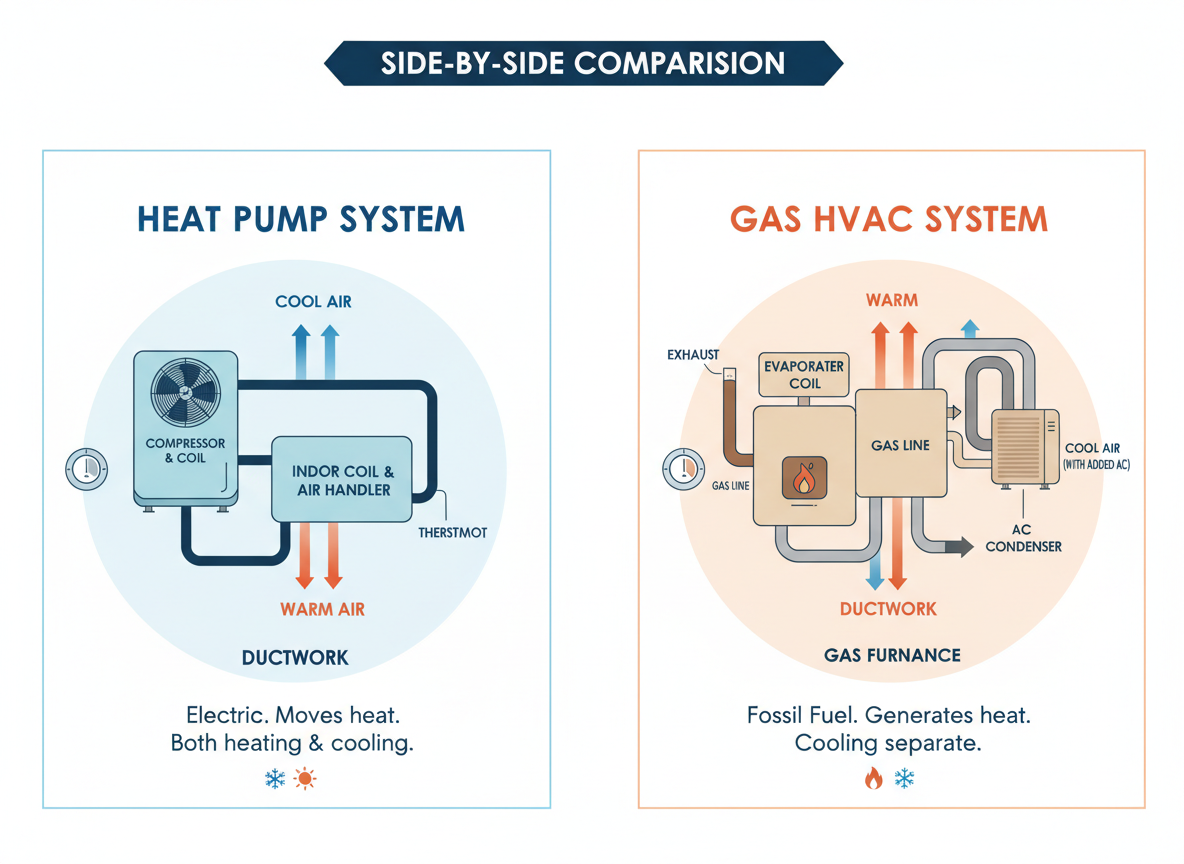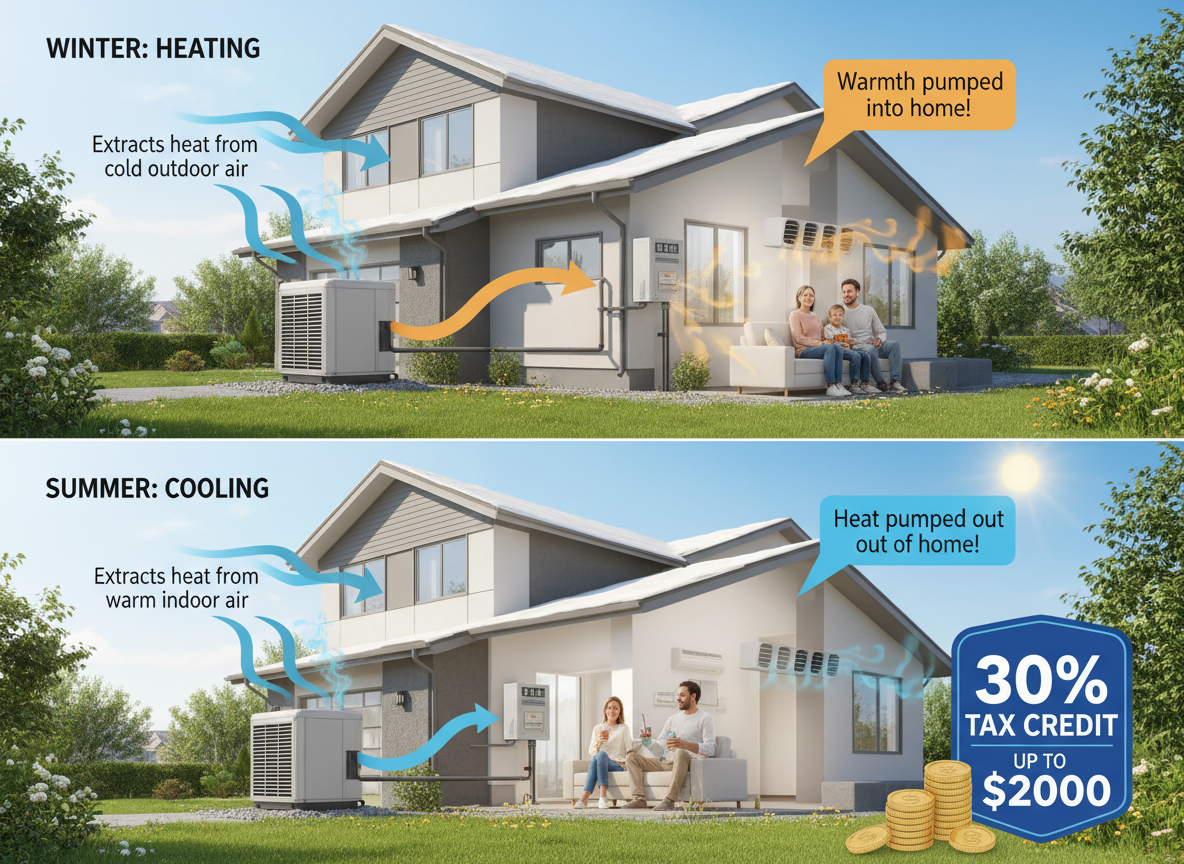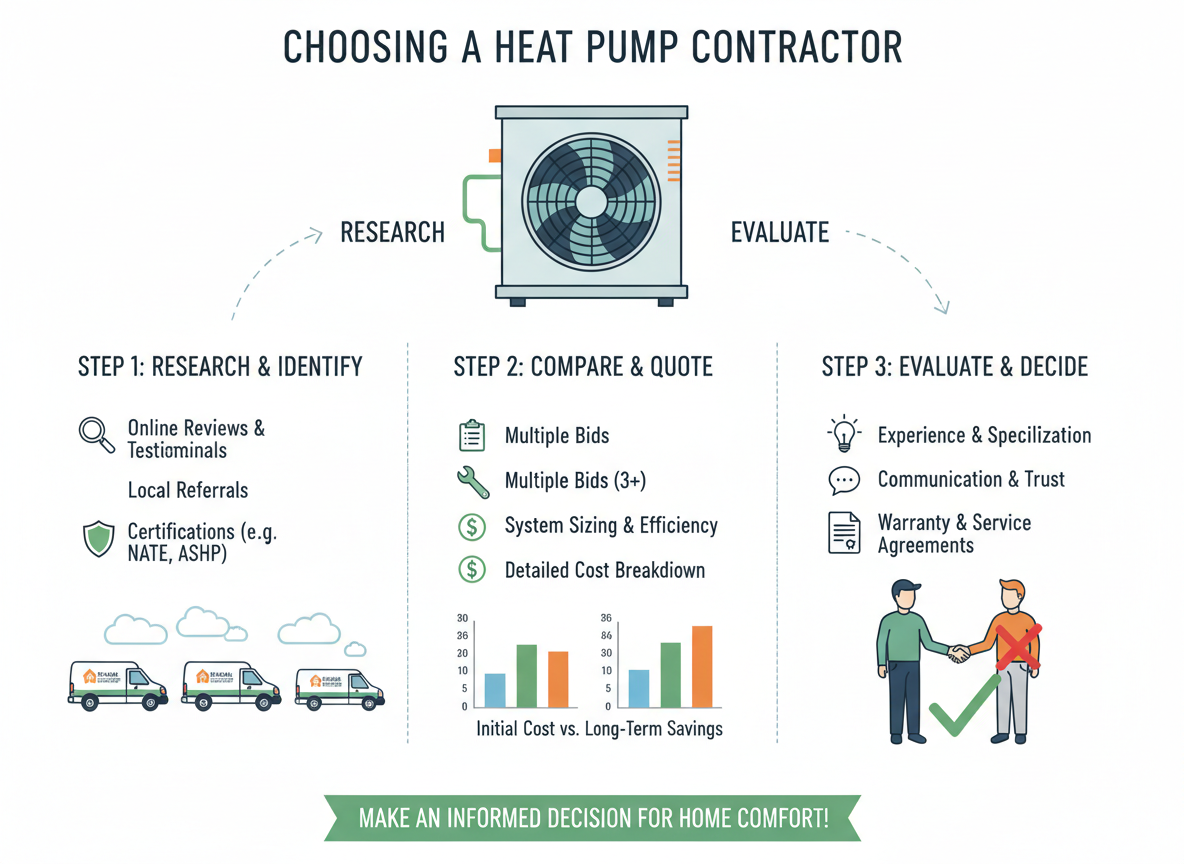
With winter here, you may soon find yourself having to call for furnace repair or furnace maintenance. Especially if you are like most homeowners in the Los Angeles area who just turned their furnace on for the first time this year. We believe that customers should be informed through each phase of a heating repair so you can make informed decisions about your system. In this article, we discuss the right questions to ask, so you can enjoy a properly working furnace going forward.
Why did the Issue Occur?
The best way to prevent an issue from reoccurring is to learn why it happened in the first place. Was the issue that led to heating repair a preventable issue? Could it have been preventable through routine maintenance or was the issue ultimately due to regular wear and tear? This is something that as a homeowner you should know, so you can plan accordingly in the future.
What Furnace Component Caused the Problem?
Your furnace is made up of several different components. Ask your repair technician for help to understand which component caused the furnace issue to occur. General repair language is not always helpful, especially when you are unfamiliar with the components that make up your furnace. Ask for a detailed explanation of where the issue occurred and what the component is responsible for, so you can gain an understanding of the furnace repair and why it was necessary once it is complete.
What Fixed the Issue?
Once the repair is complete, your repair technician will have more information on the diagnosis and repair completed. Ask to see pictures of the before and after to understand how the issue was resolved. The pictures can also help with understanding how your heating system operates.
Could the Issue Have Been Avoided?
One of the most important questions you can ask is if you could have avoided the furnace issue. Some heating issues are a result of regular wear and tear or manufacturer defect at no fault to the homeowner. However, there are some heating repairs that are completely avoidable if your furnace is routinely maintained.
Routine maintenance is highly recommended to help prevent costly repairs. Closing the air vents and not regularly replacing the air filter are common mistakes homeowners make that can lead to your heating system working harder than it needs to possibly leading to early failure.
Is the Repair a Short or Long-term Fix?
Sometimes a technician will offer a short term fix in order to get the equipment running for a short period of time until a part comes in and a more extensive repair can take place. A technician can also offer a short term fix if a full replacement is not immediately within your budget. Ask the repair technician how long the repair and if there is any additional work you should prepare for in the coming months or next heating season. Ask the technician if there are any signs you should look out for that may indicate you need another service visit.
What Steps Should I Take Next?
Once you have a clearer understanding of what the issue was and why it occurred you will have a better idea of how to proceed next. Check with your repair technician if there are any steps you should keep in mind to prevent the issue from occurring again or to ensure the repair lasts as long as possible.
How Much Longer Will the Furnace Last?
Another good question to ask your repair technician after a heating repair is the age of your furnace and how much longer it is expected to last. In general, a furnace is expected to last about 15 to 18 years if properly maintained. The repair technician will be able to let you know if your furnace is expected to last for several more years or if furnace replacement will be required sooner.
When Should the Furnace Be Serviced Again?
Ask the technician if a follow up visit is necessary or when would be a good time to schedule preventative furnace maintenance. A maintenance visit after a heating repair may seem excessive, but is often necessary, especially for older furnaces. Ask your repair technician what other steps you can take in between maintenance visits.
Contact Furnace Repair Experts Who Answer Questions
Asking your heating repair technician the right questions can help you prevent furnace issues from happening in the future. It can also provide you with the knowledge you need in order to best take care of your furnace and prolong its lifespan. The next time you need furnace repair, do not hesitate to ask questions. Give us a call today or contact us online we are here to help you with your furnace. We also offer free consultations for furnace replacement and offer financing.
Questions to Ask Technician After Furnace Repair Related Posts:






















.png)














